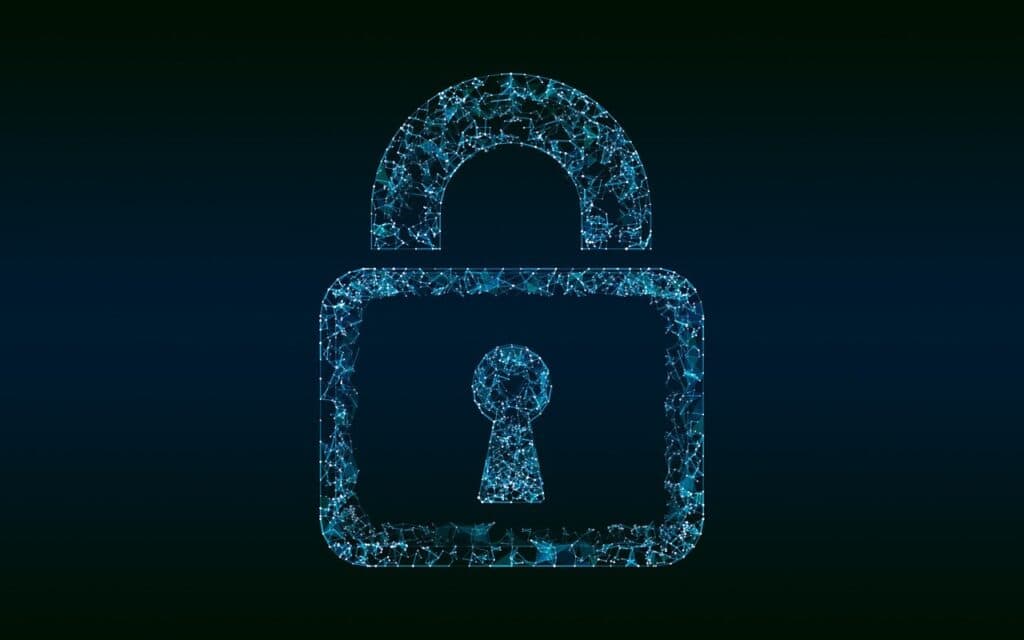Businesses, especially small and medium-sized ones, are increasingly becoming targets for cyberattacks. A single data breach can lead to huge financial losses, damage to your reputation, and possible legal consequences.
This is why every business needs to invest in cybersecurity, but what tools are the best for keeping your business and its data safe? Read on to learn about some great cybersecurity tools to help protect your digital assets while complying with industry regulations.
Firewalls
A firewall acts as the first line of defense against cyberattacks. It monitors incoming and outgoing network traffic and decides whether to allow or block specific traffic based on predefined security rules. Firewalls can be hardware or software-based, or a combination of both. They help prevent unauthorized access to your network and protect against malware, viruses, and other malicious activities.
Antivirus Software
Antivirus software is a fundamental tool that helps detect and eliminate malware from your systems. It scans your computer for known viruses, trojans, worms, and other malicious software, providing real-time protection and regular updates to counter new threats. Modern antivirus solutions also include features like email scanning, web protection, and ransomware defense.
Virtual Private Network (VPN)
A VPN creates a secure, encrypted connection between your device and the internet so that any data transmitted over such a connection remains private and secure. VPNs are particularly useful for businesses with remote employees, as they protect sensitive information from being intercepted by cybercriminals when using public Wi-Fi networks.
Multi-Factor Authentication (MFA)
MFA adds an extra layer of security by requiring users to provide two or more verification factors to access an account. These are usually something known, like a password, paired with something you have, like a smartphone, or biometrics, like a fingerprint. With MFA in place, even if a cyberattacker figures out a password, they do not gain access because they do not have the code that was sent to the smartphone or the fingerprint in question.
Intrusion Detection and Prevention Systems (IDPS)
IDPS monitors network traffic for suspicious activity and potential threats. It can detect and respond to unauthorized access attempts, malware infections, and other security breaches. By analyzing network traffic patterns and behavior, IDPS can identify and block cyberattacks as they happen, helping to protect your business from both external and internal threats.
Endpoint Security
Endpoint security involves protecting all endpoints or entry points of end-user devices, such as desktops, laptops, and mobile devices, from cyberattacks. Endpoint security solutions often include antivirus, firewall, and anti-malware capabilities, along with features like device encryption and advanced threat detection. They make certain that all devices connected to your network are secure and compliant with your security policies.
Encryption Tools
Encryption tools protect sensitive data. They convert data into a secure format that can only be read by someone with the decryption key. This means that even if data is intercepted or accessed by unauthorized individuals, it remains unreadable and secure. As a business owner, you should encrypt sensitive information such as customer data, financial records, and confidential communications.
Security Information and Event Management (SIEM)
SIEM solutions collect and analyze data from various sources within your IT infrastructure to identify potential security threats and vulnerabilities. They provide real-time analysis of security alerts generated by applications and network hardware. SIEM tools can help you detect, investigate, and respond to security incidents more effectively, allowing for comprehensive security monitoring and management.
Data Backup and Recovery Solutions
Regular data backups let you protect your business against data loss due to cyberattacks, hardware failures, or natural disasters. Data backup solutions automatically back up your data to secure offsite locations, ensuring that you can quickly recover and restore your information if needed. Combined with disaster recovery plans, these solutions help minimize downtime and data loss.
Email Security Solutions
Email remains one of the primary vectors for cyberattacks. Email security solutions help protect against phishing, spam, and malware delivered through email. They filter out malicious emails before they reach your inbox, scan attachments for malware, and block phishing attempts to prevent users from falling victim to scams.
Patch Management Tools
Patch management tools automate the process of identifying, acquiring, testing, and installing patches (updates) for software and systems. In this way, you can keep both up to date. This guarantees that vulnerabilities are addressed promptly, reducing the risk of exploitation by cybercriminals.
Web Security Solutions
Web security solutions protect your business from online threats such as malicious websites, phishing attacks, and drive-by downloads. They can block access to unsafe websites, scan for malware, and enforce security policies for web browsing. Web security solutions let your employees safely navigate the internet without exposing your business to risks.
Access Control Systems
Access control systems restrict access to your business’s data and resources to authorized individuals only. They manage and enforce policies that define who can access what information and under what conditions. Access control systems help prevent unauthorized access so that sensitive information is only available to those who need it.
Mobile Device Management (MDM)
With the increasing use of mobile devices in business operations, MDM solutions are a great tool for businesses looking to secure mobile devices and manage their use. MDM tools enable you to enforce security policies, manage device settings, and remotely wipe data from lost or stolen devices. They make sure that mobile devices comply with your security standards and protect your sensitive business information at the same time.
Cybersecurity Awareness Training
One of the most effective ways to enhance cybersecurity is by educating your employees. Cybersecurity awareness training programs teach employees about common cyberthreats, safe online practices, and how to recognize and respond to security incidents. By fostering a culture of security awareness, you can reduce the risk of human error in your business and improve its overall security posture.
Cloud Security Solutions
Cloud security solutions include cloud access security brokers (CASBs), which provide visibility and control over data in the cloud, and cloud workload protection platforms (CWPPs), which make workloads in the cloud secure. Implementing cloud security helps protect your business from data breaches, misconfigurations, and other cloud-specific threats.
At CMIT Solutions Concord, we specialize in providing comprehensive cybersecurity solutions tailored to meet the unique needs of your business. From firewall protection to cybersecurity awareness training, we have the expertise and tools to keep your digital assets safe. Contact us today to learn more about how we can help safeguard your business against cyberattacks.





